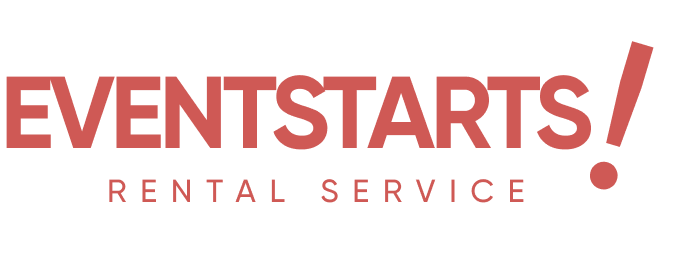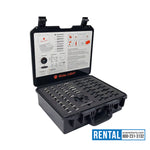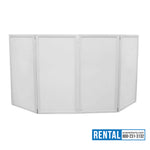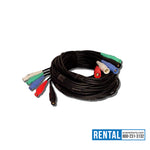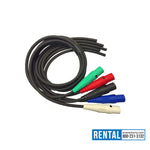You have no items in your shopping cart.
Every project we effort on has a significant sound system. To dig into the meat of this topic, we held debates if it is a “YES” for analog or a digital sound board? Firstly, it is crucial to understand the difference between them. In a nutshell, have boiled the discussion to the following points.
Cost
Analog sound boards and supplementary wiring will be cheap as under $7,500. If budget is not a constraint, digital boards are more cost competitive. We believe, an exceptional digital console costs less than its analog equivalent.
Flexibility
An exceptional payback of a digital console is its ability to patch almost any input to any channel on the board. All digital boards have the knack to save presets to both the board and to an external flash drive. You can rehearse multiple shows by programming them into the console and recall with a key stroke. In case of faults, you can restore your complete mix in the wink of an eye.
The analog board is advantageous as knobs, faders, channels and settings; are visible at once. Depending on size caliber, digital sound boards require the operative to press buttons or switches to make the necessary changes.
User-friendliness
With this we come to the ultimate consideration, i.e., the ease of use. To make it a piece of cake, how you sow, so you reap. Digital sound boards are less expensive, but harder to maneuver and operate. These lack a user-friendly interface (to cut off the manufacturing cost); hence challenging to operate. Nonetheless, advanced digital consoles are easier to use.
Analog sound consoles have everything up on the board so than you can see them all. It is a plus if you know the function of each button, but a problem if you are an amateur in operating such complex sound gears.
Analog vs. Digital Sound Board- Practical Differences
We have enlisted some practical differences between the two:
1. Digital boards possess a gate, compressor and fully-parametric equalizer on every input as well as output channel. In analog boards, you need many outboard gears to have the same flexibility.
2. Specific analog consoles devise in-built reverb or FX; but maximum digital boards have extra channels of effects as well as aux/mix/matrix sends. This enables innovative routing options.
3. Several digital boards have provision for digital input and output like ADAT, Dante, USB and Firewire. This develops the leeway for a digital snake, a digital connection to stage monitoring systems and digital multi-track recording.
Decision
Still not certain about the right choice? There is no perfect answer to this question. As a matter of fact, digital sound boards can offer superior onboard processing and effects, scene recall, and size. Analog sound consoles do have some vital benefits as well. Cost, familiarity, audio quality, and perceived ease of use are some of the plus points. Anyone looking for a new sound board in the market needs to consider all the pros and cons before spending.

